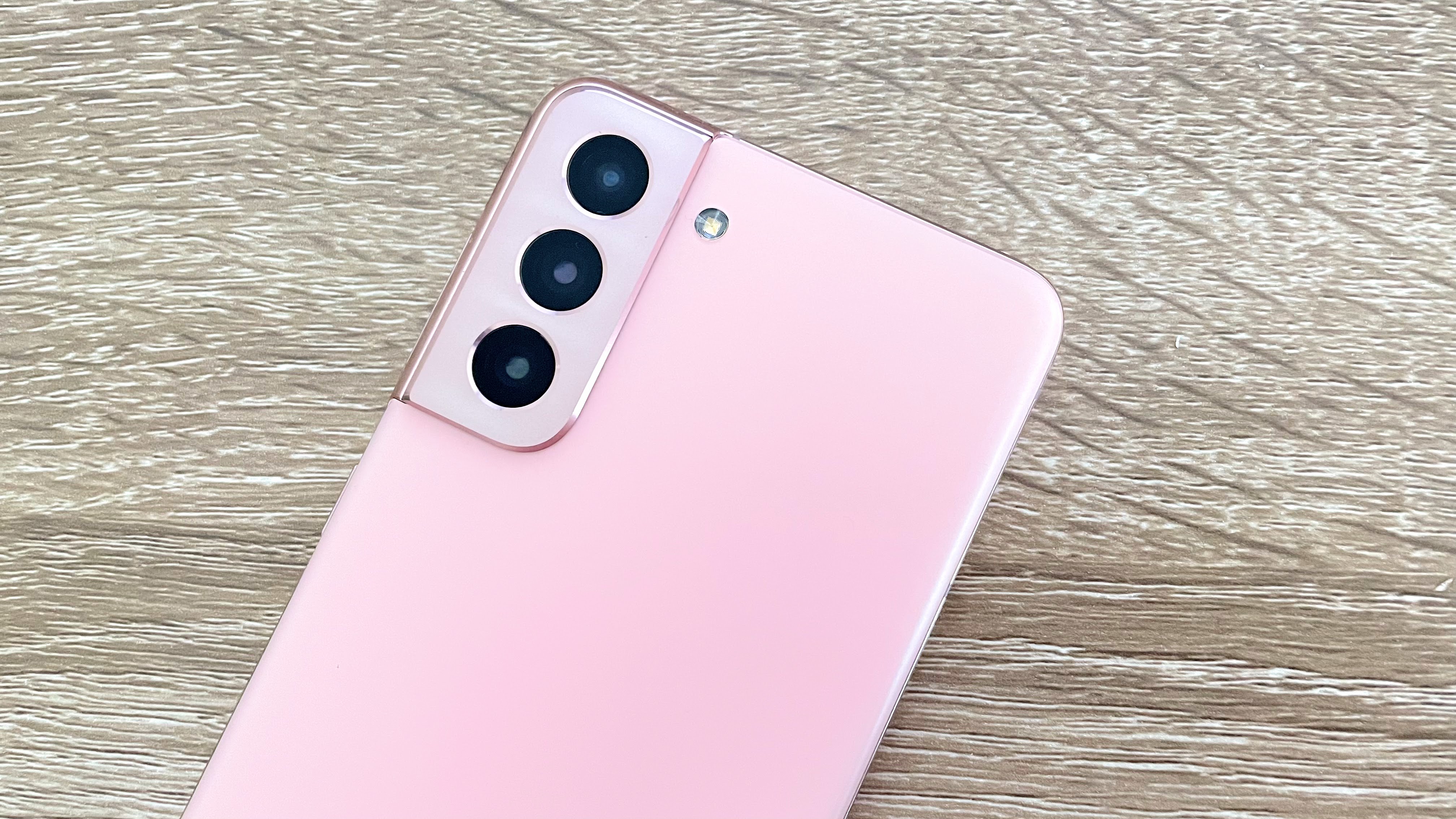Samsung phones will get new camera-improving Gorilla Glass
Better glass = more light, which makes for better photos

Corning has announced a new type of Gorilla Glass which should help to improve the optical purity of camera lenses, and the company says that it will be found on Samsung phones first. Corning says that DX and DX+ glass will allow more light to hit the sensor, allowing 98% though.
In photography, light is everything. Modern smartphones have adapted well to the shortcomings of their modestly-sized sensors, but they use post-processing to do this. And as impressive as the results are, it is still a process of filling in the gaps, rather than capturing the actual scene. In a digital DSLR there’s still processing taking place, but it’s not usually as aggressive and certainly shouldn’t leave image artifacts behind.
TechRadar reports that DX and DX+ are not really glass, nor are they new. The material is a composite and it was used on the Samsung Galaxy Watch to provide a strong surface for the screen. Although it was strong, it did not compromise its optical performance which is presumably why it’s ideal for cameras.
- Samsung Galaxy S22: rumoured price, release date and specs
- Apple iPhone 12 vs Samsung Galaxy S20 FE: which is the better 5G phone?
The idea here is clearly that the new glass will both protect the camera lens from scratching, while allowing as much light through as possible. This will improve photos, because the more light the sensor can get the less it needs to boost the gain. That, in turn, means that the camera’s processing will then have to do less work reducing noise (because gain produces noise, often seen as little blue sparkles). The upshot is that you’ll have a much better starting image to work with.
With reduced processing, images should have more detail. Video should see a benefit too, because the camera won’t have to reduce the shutter speed as much which cuts down on blurring and often a choppy visual effect.
It could be that we will see this new tech on Samsung’s Galaxy Z Fold 3 which it’s due to launch in a few weeks time, although we might also need to wait until the Galaxy S22 is finally launched next year.
It’s certainly exciting that phone cameras are still improving. Larger sensors seem to arriving and those also allow for the capture of more light. Combining better optics and larger sensors will create phones with increasingly amazing cameras, and that’s a very good thing indeed.
Get all the latest news, reviews, deals and buying guides on gorgeous tech, home and active products from the T3 experts
Ian has been involved in technology journalism since 2007, originally writing about AV hardware back when LCDs and plasma TVs were just gaining popularity. Nearly 15 years on, he remains as excited about how tech can make your life better.